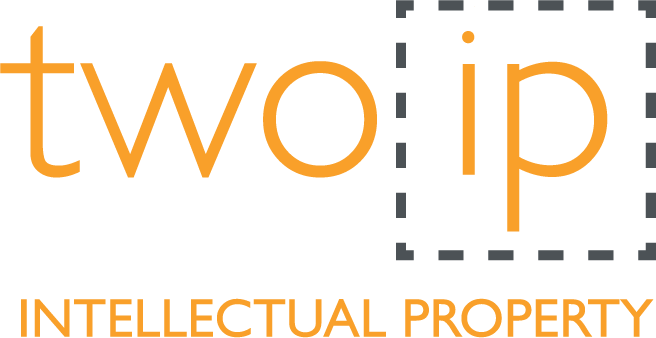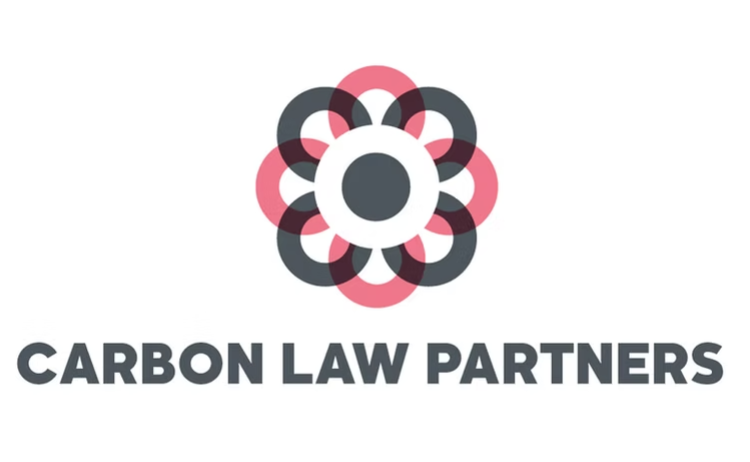Following recent judgment from Europe’s newest patent litigation forum in the case of Sanofi & Regeneron v Amgen, Two IP patent attorney Sheena Linehan looks at the implications of the ruling for protecting and enforcing patents covering new medical uses of known therapeutics.
The Unified Patent Court (UPC), operational since 2023, is already shaping up to be a powerful venue for life sciences litigation in Europe. With its ability to issue EU-wide injunctions and invalidate patents centrally, it’s no surprise that innovators are paying close attention.
In a pivotal early decision UPC CFI 505/2024 the Court of First Instance addressed the validity and infringement of a second medical use patent EP3536712 held by Regeneron and exclusively licensed to Sanofi. The decision affirms the potential value of such patents, which cover new medical uses of known therapeutics, and provides guidance for what factors must be taken into account in deciding whether infringement has taken place.
The patent at issue
Regeneron’s patent covers antibody PCSK9 inhibitors for use in reducing lipoprotein(a) levels in a defined patient group with (or at risk of) cardiovascular disease and having elevated lipoprotein(a) levels. The alleged infringement is Amgen’s Repatha® antibody PCSK9 inhibitor which is approved for lowering LDL-C (low-density lipoprotein cholesterol) in cardiovascular disease.
Validity: strong endorsement of second medical use claims
The UPC upheld the validity of Regeneron’s patent, which has broad protection for antibody PCSK9 inhibitor therapeutics, albeit in the context that the therapeutic is limited by reference to a specified medical use. More generally, the court affirmed the potential patentability of claims covering a known therapeutic agent for a further medical use in:
- treating a new indication, or
- addressing a new patient group, even if the broader disease area overlaps with existing uses.
The court found the claims both novel and inventive, ruling it was not obvious before the filing of the patent that PCSK9 inhibitors could decrease elevated lipoprotein(a) levels. Furthermore, a skilled person would not have been motivated to pursue this use based on the prior art.
Infringement: no direct hit for Regeneron
Although Amgen’s Repatha® antibody would fall within the broad functional language of Claim 1 as “an antibody or antigen-binding fragment thereof that specifically binds PCSK9”, the court found Amgen’s product not to infringe Regeneron’s patent.
The court held that “for a finding of infringement of a second medical use claim, the alleged infringer must offer or place the medical product on the market in such a way that it leads or may lead to the claimed therapeutic use of which the alleged infringer knows or reasonably should have known that it does”. In finding non-infringement, the court focussed on the indication defined in the summary of product characteristics (SmPC) of the Repatha® marketing authorisation, but held more generally that the package insert and SmPC, although important, are not always the only decisive factor. As the Repatha® SmPC does not specify reducing lipoprotein(a) in the context of the indication, the court looked at evidence of off-label prescribing, but found that such use had not been made out.
The court noted that the fact that the effect of Repatha® in reducing LDL-C may have the bonus effect of reducing lipoprotein(a) levels is not relevant to infringement.
However, the court signalled that infringement analysis goes beyond the label, allowing for real-world factors like physician practice and marketing intent, an approach that patentees will welcome.
What comes next?
The UPC’s first major decision on second medical use patents sets a practical tone — strong on validity, nuanced on infringement. It’s a positive sign for innovators navigating the evolving European patent landscape.
Stakeholders should watch closely for a potential appeal to the UPC Court of Appeal, which could shape binding precedent on second medical use claims across the EU. Given harmonisation in Europe, the decision may also influence UK courts.
Antibody patent standards: an evolving landscape
Interestingly, Regeneron’s patent claims the PCSK9 inhibitor broadly as “an antibody or antigen-binding fragment thereof that specifically binds PCSK9”, but this broad functional definition did not attract scrutiny in the present case. Given the newness of the UPC, its approach to functionally defined antibodies is still being developed. Last year in its first ever patent revocation UPC CFI 1/2023, the UPC revoked Amgen’s functionally defined antibody patent for lack of inventive step, finding it obvious to develop antibody inhibitors of PCSK9 in light of the prior art which disclosed PCSK9 as a potential target for treatment of hypercholesterolemia.
Whilst functionally defined antibodies may be acceptable in European patent claims, the US approach usually requires antibodies to be defined structurally, which is the case for the granted counterpart US patents corresponding to EP3536712. In landmark US litigation, Amgen’s functionally defined antibody patents were revoked by the Supreme Court in 2023 for lack of enablement, as covering far more species of antibody than actually described, and failing to teach how other such antibodies across the broadly defined class may be obtained.
The evolving landscape of European antibody patentability and differences of approach with respect to the US requires a nuanced approach to IP strategy and patent drafting.
How valuable is a second medical use patent directed to a new patient group?
A patient with a cardiovascular disease may have elevated lipoprotein(a) and elevated LDL-C, and both may have the potential to be reduced by antibody PCSK9 inhibitor therapy. Given the overlap in potential market segment (cardiovascular disease) and the non-infringement finding, the question of the value of Regeneron’s second medical use patent arises.
Regeneron’s patent does not prevent Amgen from marketing Repatha® for its authorised indication, but it would restrain a label extension for Repatha® to cover reducing elevated lipoprotein(a). In addition, Regeneron’s patent would provide protection if Sanofi were to seek a label extension for its own antibody PCSK9 inhibitor Praluent® to cover reducing elevated lipoprotein(a) in the patient group defined in the patent claims.
Hence, there is potential value in a second medical use patent directed to a new patient group, even if a case for infringement has not been made out, and the market segment is overlapping with the established use of a competitor therapeutic.
In addition, given the potential challenges in securing broad protection for antibody therapeutics per se, the patenting of a new and inventive medical use may provide a means to avoid being required to limit patent claims by reference to particular antibody structures.
Key takeaways:
- UPC confirms second medical use patents are valid tools for life sciences innovation.
- Infringement depends on how a product is marketed and prescribed — not just what’s on the label.
- European vs US patent claim strategies for antibodies are diverging — plan accordingly.
Read the full court decision here.
Our patent and trade mark attorneys can help you work out what you should be doing to protect your IP and then help you do it. To get in touch, click here or email us at hello@two-ip.com.
Found this information useful? Click here to sign up for our monthly Two Insights newsletter.










